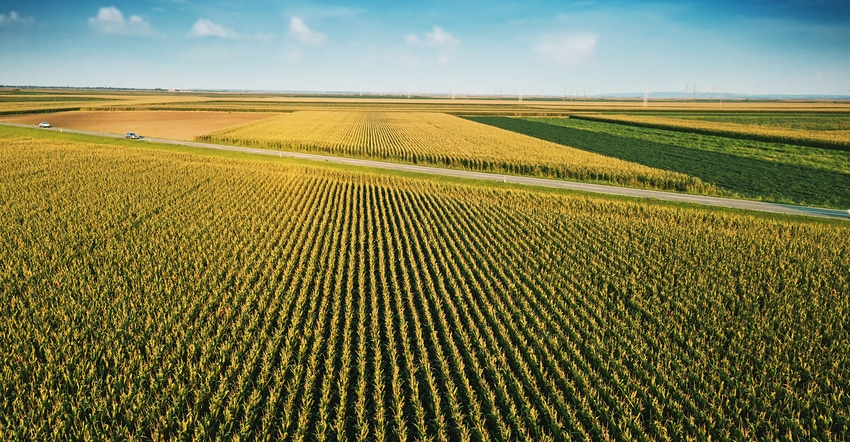
Last Friday, Nov. 11, 2022, a 73.19 acre farm in Sioux County, Iowa brought $30,000 per acre! As you can imagine this generated a lot of stir online and on ag twitter. “Yep, just a regular farm,” someone commented, the last two bidders were local farmers, no outside influences.” I even saw a picture of someone jokingly playing farm monopoly with a set of truck or tractor keys representing their wager in the middle of the playing surface.
All joking aside, what if your family farm appraised for $30,000 per acre? Have you thought this through? Or, why it even matters? Here are a few considerations:
Estate valuation
Yes, a valuation of your farmland and all your assets will be performed to determine if your estate owes any federal or state estate tax. I wrote about the current estate tax exemptions recently, but in summary, the federal estate tax exemption is expected to increase to near $13 million per person in 2023. However, keep your eye on the ball, as unless Congress votes to extend them, these exemptions will revert back to pre-Trump laws at the end of 2025. If so, it is estimated the current exemption levels will be cut by approximately one-half.
Consider a review of your estate plan as land prices and farm appraisals continue to increase. The current federal estate tax rate is 40%, so be sure to understand all your estate planning options to best manage any looming estate tax in the future.
Basis step-up
Just a year ago there were tax law proposals proposed which, if passed, would have dramatically changed the current rules about step-up in cost basis. I wrote about them in detail, here. Fortunately, these never came to fruition.
Under current laws, assets receive an adjustment in cost basis as they pass through an estate supporting another reason for an appraisal of your farm. The cost basis of farmland is typically the purchase price or the fair market value when inherited. Some refer to this as a step-up in basis.
Please remember you can also allocate value from your land appraisal to other assets, such as buildings and structures, fence, tile, and residual soil fertility. These can all be re-depreciated for income tax purposes whereas land cannot.
Our current basis step-up laws encourage most landowners to wait and pass their farmland to the next generation as an inheritance. However, keep in mind the potential psychology surrounding the inheritance of a family farm. For example, if Mom and Dad were to sell a $30,000-per-acre farm with a low-cost basis, they will have to recognize federal and state capital gain tax on the capital gain. However, if the kids inherit the same farm they can sell the farm, tax-free, after getting a new step-up in basis.
Be careful what message this sends as the same tax laws which discourage one generation from selling may incentivize the next generation to do the opposite.
Beware family buyouts
This leads me to the last item for your consideration, family buyouts, and knowing your farm’s transition cost numbers. I come across many estate plans which may base family buy-outs on a farm appraisal. In some cases, every family member can go out and hire their own appraiser and then average them. I’m not a particular fan of this method, as I’ve seen it lead to the detriment of some family farms where this process automatically puts everyone against one another from the beginning.
I also see a lot of arbitrary 20% or 30% family discounts to be applied to the appraisal in the event of a family buy-out. Last week I met with a family where they couldn’t believe the buy-out price on their farm would be $12,000 per acre even after a 25% discount.
In most cases, a 25% discount represents how much farmland prices appreciated just in the past year. I shared an example of this a couple years ago from a family in Illinois I was working with. I encourage you to understand these same numbers on your own family farm.
We’re seeing some families consider and ask about other methods for establishing a family buyout. One of these is called special use valuation. This is a method to establish the value of farmland based on the income it generates, not a land appraisal subject to comparable farm sales you don’t have any control over. In my next article, I will share an example of how to value your farm using special use valuation.
Downey has been helping farmers and landowners for the last 22 years with their family farm transition, estate planning, leasing strategies, finances, and general land consultation. He is the co-owner of Next Gen Ag Advocates and an associate of Farm Financial Strategies. Reach Mike at [email protected].
About the Author(s)
You May Also Like






